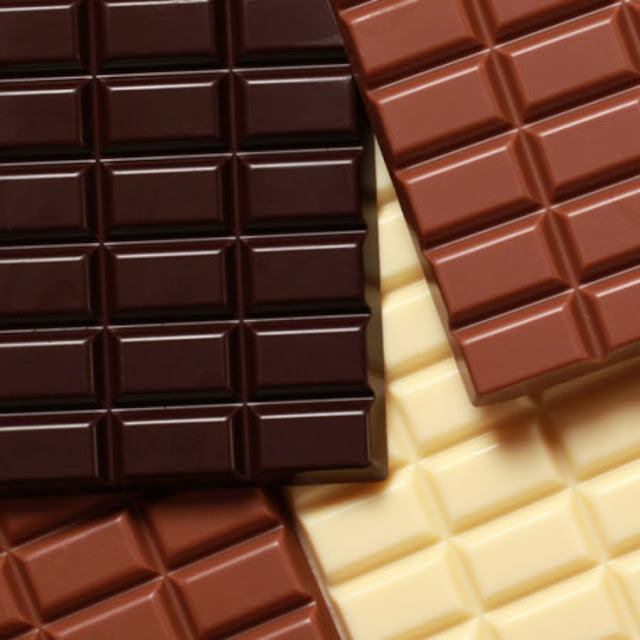This might be shocking to you, but certain types of beans can be quite poisonous. Did you know that red beans were legally prohibited from being imported into South Africa because of “their potential toxicity to humans”? The main cause is a toxin called ‘phytohaemagglutinin’ or kidney bean lectin. This is a sugar based protein (glycoprotein) which is found in many types of beans such as cannellini beans. However, red kidney beans contain the highest concentrations of this toxin. It only takes a few beans to cause nausea, vomiting, diarrhea, abdominal pains.
Kidney beans, black beans and navy beans are high in oligosaccharides. Our bodies can not produce the enzyme necessary to break down these complex sugars. When we eat beans, the oligosaccharides ferment in the lower intestine producing carbon dioxide and methane gases.
Legumes contain relatively high concentrations of lectins.
Lectins are proteins produced by most plants as a natural pesticide. When consumed in high quantity, lectins can cause a lot of health issues.
As Wikipedia explains, one example of lectin reaction in humans:
Some kinds of raw beans and especially red and kidney beans, contain a harmful toxin (the lectin Phytohaemagglutinin) that must be destroyed by cooking.
A recommended method is to boil the beans for at least ten minutes; under cooked beans may be more toxic than raw beans. Cooking beans in a slow cooker, because of the lower temperatures often used, may not destroy toxins even though the beans do not smell or taste ‘bad’(though this should not be a problem if the food reaches boiling and stays there for some time).
Lectins are proteins that do not break down easily. They are resistant to stomach acid and digestive enzymes. Lectins may bind to the gut wall and damage the gut lining, are not altered by digestive enzymes, and may alter gut permeability and pass through the gut into general circulation. Lectins can cause alterations in gut function which can lead to colitis, Crohn’s Disease, Celiac-Sprue, IBS and gut permeability.
Phytic Acid and Mineral Deficiencies
The most known anti-nutrient found in grains, beans, nuts and seeds is phytic acid (or phytate).
Phytic acid, or phytate, is found in plant seeds. It serves as the main storage form of phosphorus in the seeds.Phytates actually bind to the magnesium, calcium, zinc and iron in your intestines and take them OUT of our bodies.. Phytic acid can also block protein absorption. Regulars consumption of foods high in phytic acid can lead to serious mineral deficiencies and cause a many health problems such as allergies, bone loss. hormone disruption, anemia, digestive irritability, impaired immune function, and etc.
Enzyme Inhibitors
Plant seeds also contain enzyme inhibitors that protect the plant from predators. Enzyme inhibitors are very difficult to digest.
When foods are not completely digested because of enzyme inhibitors, bacteria in the large intestine try to do the job, and this can cause discomfort, bloating, and gas.
They also slow down the important enzyme activity in your body such as the uptake of trypsin, an enzyme responsible for digesting protein. Trypsin inhibitors in legumes interfere with protein digestion and may cause pancreatic disorders.
Source:
livingtraditionally.com




Comments
Post a Comment